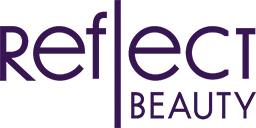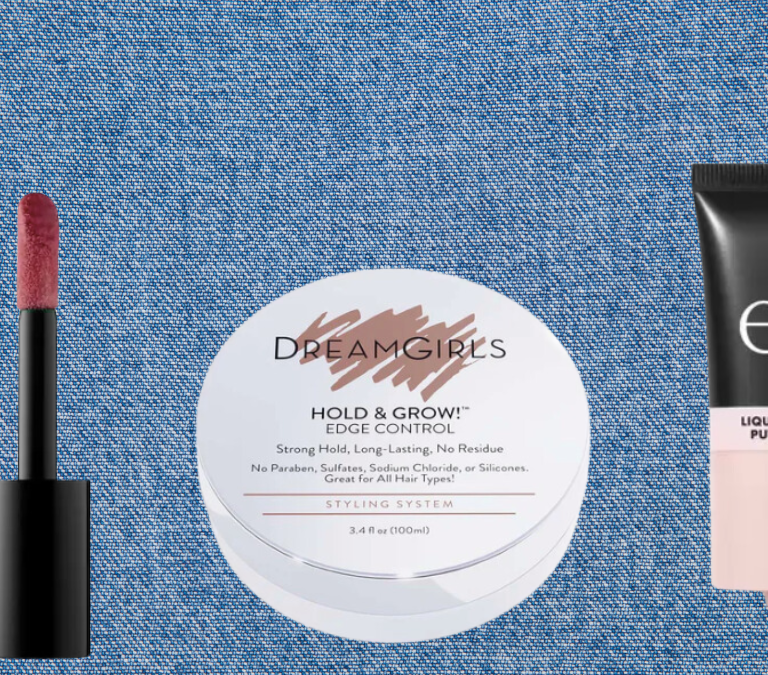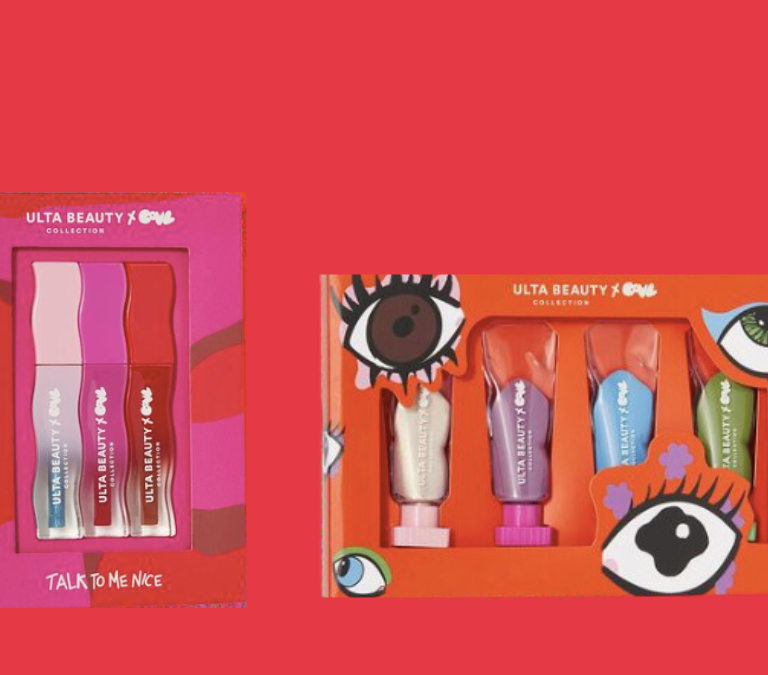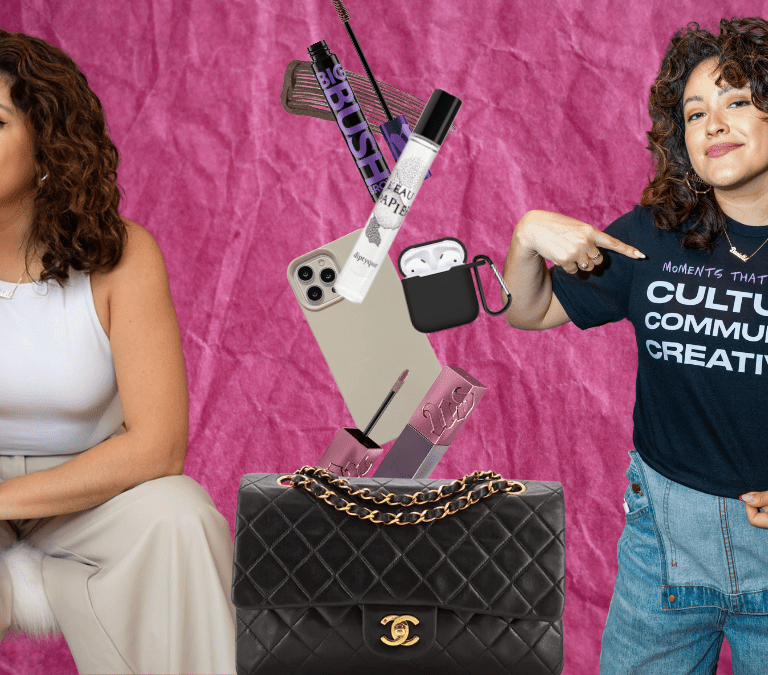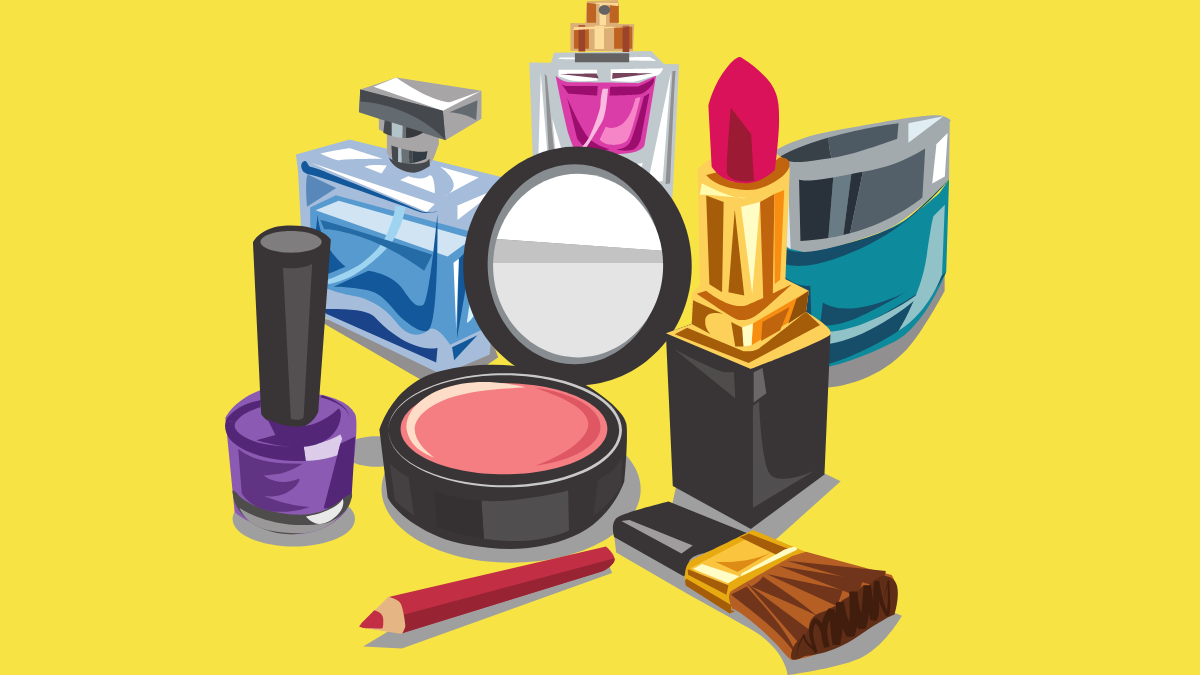
There is so much debate about whether to use natural or chemical beauty products. We wonder which is the best option, which one’s safer for us, or which is more sustainable for the environment. Let’s explore what natural and chemical beauty is and debunk some common myths that can help you make an informed decision when buying new beauty products.
[SEE ALSO: Antioxidants In Skincare: Why They Matter]
What is natural or clean beauty?
Natural or “clean” beauty is a term used to refer to products made from natural, chemically-free, or “non-toxic” ingredients. The problem is, there’s actually no legal definition for what clean beauty even means.
As a result, natural beauty is often used as a marketing technique by beauty companies. The point is that nowadays, most beauty companies that use this claim are doing so because of the assumption that ‘clean’ products or ingredients will be better for you and better for the environment than chemically-based beauty products.
The problem is that these ideas are often based on the misinterpretation of some research studies. Here, some common misconceptions about clean beauty:
Products should be chemical free
Somewhere along the way, the word “chemical” became synonymous with “bad.” The thing is you really can’t lead a chemical-free life because everything is made of chemicals—and not all chemicals are bad. Tea, for example, is a complex mixture containing several chemicals such as isoamyl alcohol, quercetin, 3-galloyl epigallocatechin, and others in concentrations that vary depending on where the tea has grown. Thus, claims that products are ‘chemical-free’ are often inaccurate.
Chemical-based beauty products are causing cancer and other diseases
Beauty companies usually use data from research studies to support the idea that chemicals can cause cancer or other diseases. However, more often than not, the data is misinterpreted because the studies do not simulate the real conditions of the use of a beauty product.
Natural is better and safer
The reality is, it’s illegal to sell unsafe beauty products, either from natural or chemical sources. Plus, not all-natural ingredients are safe. For example, poison ivy is a natural ingredient, but it can cause severe allergic reactions in some people. It all comes down to the amount or dose used. The effects of a natural or chemical ingredient will change with different amounts so that below a certain concentration they are harmless but at a higher dose, they may be toxic. For example, Botulinus toxin (botox) is a really powerful poison but its use in cosmetics is safe only because of careful application.
The growing interest in clean beauty refers to products that are free from “harmful chemicals” and are sustainably sourced and produced. However, there is no standard definition of “clean” in the beauty industry, and the term is often used pretty loosely.
So, whether you choose natural or chemical skincare depends on your personal preferences. Both of them are safe and will work perfectly fine. Natural skincare products are perfect for those who prefer a more holistic approach to skincare and chemical skincare offers defined formulas for specific skin concerns.
What do you think about clean beauty? What type of beauty products do you include in your skincare routine? Let us know in the comments!
